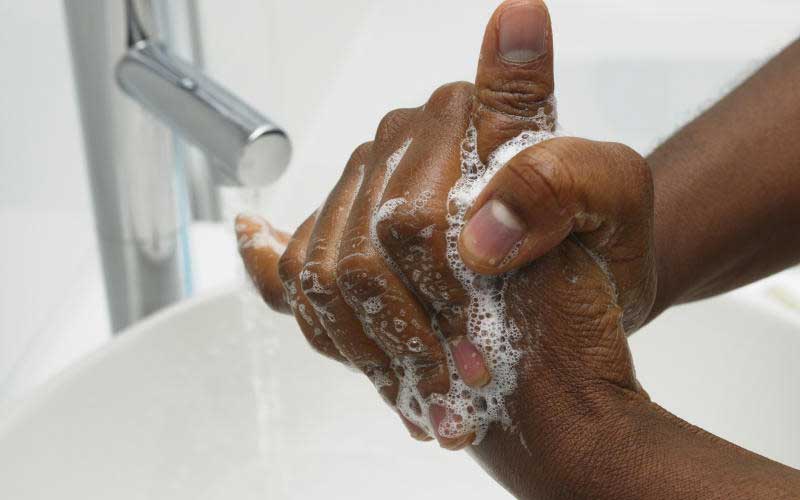×
The Standard e-Paper
Stay Informed, Even Offline

Manufacturers see welcome surge in demand, with value of industry expected to hit Sh6 trillion by 2027
Just recently, Pwani Oil finalised the acquisition of the Ushindi soap brand from multinational PZ Cussons. But there was a time when Kenyans were not as keen on fighting virulent pathogens like Covid-19, or so the data seems to suggest.